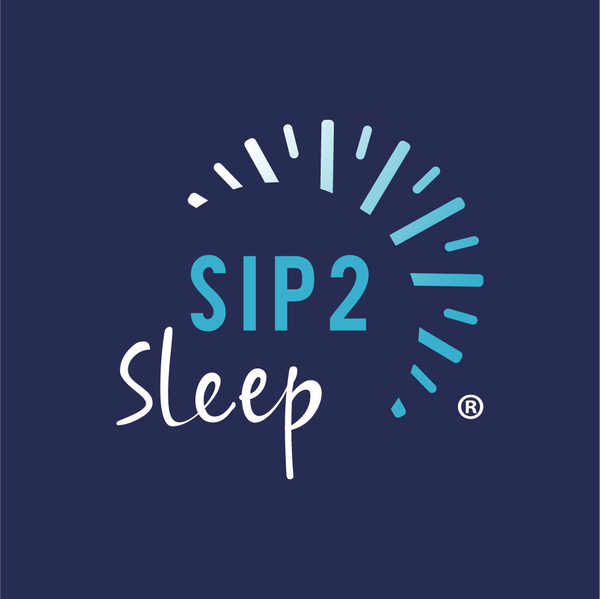Sleep, an indispensable component of our health, has a profound impact on our well-being, particularly in relation to Alzheimer’s disease. The intricate link between sleep quality and Alzheimer’s has garnered significant attention, emphasizing the importance of understanding sleep health. In our pursuit of restful sleep, the choice between natural and prescription sleep aids presents a crucial decision, especially given their potential impacts on cognitive health.
The Critical Link Between Sleep and Alzheimer’s Disease
Recent research has illuminated the complex relationship between sleep and Alzheimer’s disease. Notably, studies have shown that disrupted sleep patterns might not just be a symptom of Alzheimer’s, but could also contribute to its development. A recent study published in JAMA Neurology revealed individuals who obtained less than 6 hours of sleep per night had increased levels of the proteins that are considered markers for dementia such as Alzheimer’s. The National Institute on Aging emphasizes the bidirectional relationship between sleep disturbances and Alzheimer’s-related brain changes, suggesting that improving sleep might help in preserving memory and cognitive functions, potentially delaying or preventing the onset of Alzheimer’s. Another study in 2018 revealed just a single night of sleep deprivation resulted in an accumulation of the protein (beta-amyloid) that can contribute to the future development of Alzheimer’s.
The Dark Side of Prescription Sleep Aids
Prescription sleep aids, commonly used for managing sleep disorders, have raised concerns in the context of Alzheimer’s disease. While they are effective in inducing sleep, their long-term use poses significant risks. Studies indicate a correlation between the prolonged use of these medications and increased Alzheimer’s risk. For example, certain sedative-hypnotics, commonly prescribed for insomnia, have been associated with an increased risk of dementia. The concern is that these drugs may aggravate or accelerate the neuropathological processes underlying Alzheimer’s, though more research is needed to fully understand this link.
Natural Sleep Aids: A Safer Alternative?
In the quest for better sleep, many are turning to natural sleep aids, like Sip2Sleep®, as a potentially safer alternative to prescription medications. These natural remedies often include herbal ingredients or supplements such as tart cherry, Venetron®, valerian root, or chamomile.
Tart Cherry is a relatively newer natural sleep aid. Studies have shown that it may improve sleep quality and reduce the time it takes to fall asleep. It’s believed to work by reducing inflammation in the brain thus allowing for activation of sleep and increasing Melatonin levels.
Venetron® is a Japanese natural sleep aid. Studies have shown that it may improve sleep quality with increasing the amount of time spent sleeping in deep sleep. It has been shown to reduce degradation of serotonin in the blood, which has a calming / anti-anxiety effect, but also serotonin is a precursor to melatonin production and thus allows for increased melatonin production and secretion.
Melatonin, a hormone that helps regulate the sleep-wake cycle, is widely used for its effectiveness in improving sleep. Research suggests that melatonin not only aids in falling asleep but may also have neuroprotective properties, which could be beneficial in the context of Alzheimer’s disease.
Valerian Root is another popular natural sleep aid. Studies have shown that it may improve sleep quality and reduce the time it takes to fall asleep. It’s believed to work by increasing levels of a neurotransmitter called gamma-aminobutyric acid (GABA) in the brain, which has a calming effect.
Chamomile, typically consumed as tea, is known for its calming properties. It contains an antioxidant called apigenin, which may help initiate sleep.
When considering natural sleep aids, it’s important to discuss them with a healthcare provider, especially for individuals with pre-existing health conditions or those taking other medications.
Practical Tips for Improving Sleep Health
Improving sleep health involves making changes in both lifestyle and environment. Here are some scientifically-backed strategies:
- Establish a Consistent Sleep Schedule: Going to bed and waking up at the same time each day helps regulate your body’s internal clock.
- Create a Sleep-Conducive Environment: A quiet, dark, and cool environment can help promote sound slumber. Using earplugs, a sleep mask, or blackout curtains can enhance this environment.
- Limit Exposure to Screens Before Bedtime: The blue light emitted by phones, tablets, and computers can interfere with the production of melatonin. Try to avoid these screens for at least an hour before bed.
- Mindful Eating and Drinking: Avoid large meals, caffeine, and alcohol before bedtime, as they can disrupt sleep.
- Physical Activity: Regular physical exercise can promote better sleep. However, exercising right before bedtime can be stimulating, so it’s best to complete any vigorous exercise a few hours before sleeping.
- Relaxation Techniques: Practices such as meditation, deep breathing, and yoga can help to calm the mind and prepare the body for sleep.
- Consider Cognitive Behavioral Therapy for Insomnia (CBT-I): This structured program helps you identify and replace thoughts and behaviors that cause or worsen sleep problems with habits that promote sound sleep.
Conclusion
In conclusion, understanding the interplay between sleep and Alzheimer’s disease is crucial. While prescription sleep aids have their place, they come with risks, particularly concerning long-term use and cognitive health. Natural sleep aids, coupled with lifestyle and environmental changes, offer a holistic approach to improving sleep quality and potentially reducing Alzheimer’s risk. Prioritizing sleep health is not only beneficial for physical and mental well-being but also may be a key factor in preventing cognitive decline.

